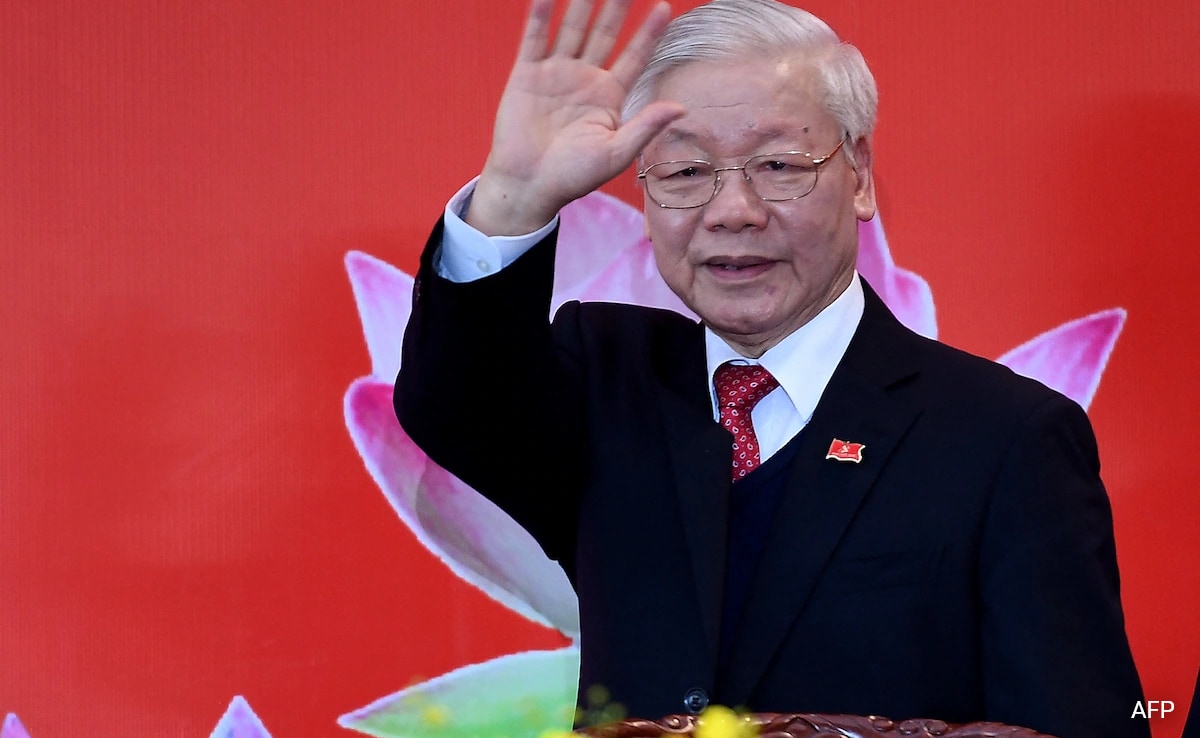New Delhi:
Facing tough action from the security forces, the Maoists are making efforts to seep into new areas along inter-state borders but without any notable success, the latest report from the Union Home Ministry has said.
The government’s multipronged approach — anti-Naxal operations by paramilitary and state police and simultaneous development initiatives in Maoist-affected areas — has resulted in a 48 per cent reduction in violent incidents, from 1,136 in 2013 to 594 in 2023, the report said.
A 65 per cent reduction was also noticed in the deaths of civilians and security forces, which came down from 397 to 138 in 2023 as compared to 2013, it said.
Union Home Minister Amit Shah has said that the country would be free of Maoism by March 31, 2026.
The geographical spread of Left-Wing Extremist (LWE) violence has shrunk considerably. In 2023, 171 police stations in 42 districts reported such incidents, compared to 328 police stations in 76 districts in 2013, the MHA report said.
“The arc of violence has been considerably restricted with just 25 districts accounting 91 per cent of the LWE violence,” it said.
According to the ministry’s annual report 2023-24, the CPI (Maoist) continues to be the most potent among the various LWE outfits in the country, accounting for more than 90 per cent of total violent incidents and 95 per cent of resultant deaths.
“Amidst increasing reverses, the CPI (Maoist) has been making efforts to expand to new areas along inter-state borders, albeit without any significant success,” the report said.
They wish to keep the population in their areas of influence marginalized to perpetuate their outdated ideology, it said.
“Consequently, the process of development has been set back by decades in many parts of the country under LWE influence,” it said.
Various measures adopted by (state) governments and the developmental outreach by the Union government have seen an increasingly large number of LWE cadres shunning the path of violence and returning to the mainstream.
Continued operations and crackdowns in the “core Maoists’ areas” have slightly increased the number of resultant deaths and casualties to security forces when compared with the corresponding period in 2022, the report said.
Noting that improvised explosive devices cause the majority of casualties to security forces in anti-LWE operations, the Home Ministry issued a Standard Operating Procedure to promote best practices in IED management besides putting in place extensive counter-IED capacity building of CAPFs and state police forces, it said.
“During the first half of 2024, the LWE situation has witnessed quantum positive jump (1.7 times) in security forces-initiated operations (59 to 103), which have consequently resulted in a more than five-fold increase in the neutralization of Maoists (30 to 159) as compared to the corresponding period of 2023,” the report said.
The overall improvement in the LWE scenario can be attributed to a greater presence and increased capacity of the security forces across the LWE affected states, better operational strategy and better monitoring of development schemes, it said.
In addition, beefing up intelligence coordination has also played a major role in planning action against the Naxals.
Round-the-clock intelligence sharing through Multi Agency Centre (MAC) at the Central level and State Multi Agency Centre (SMAC) at the state level, setting up of Joint Command and Control Centre at Jagdalpur (Chhattisgarh) and Gaya (Bihar), and strengthening of technical and human intelligence have helped in action against Naxals, the report said.
Besides, thrust on the generation of real-time intelligence and creation as well as strengthening of State Intelligence Bureaus (SIBs) in the LWE affected states for which central assistance is provided through the SIS have also helped security forces take action against Naxals, it added.
(Except for the headline, this story has not been edited by NDTV staff and is published from a syndicated feed.)















